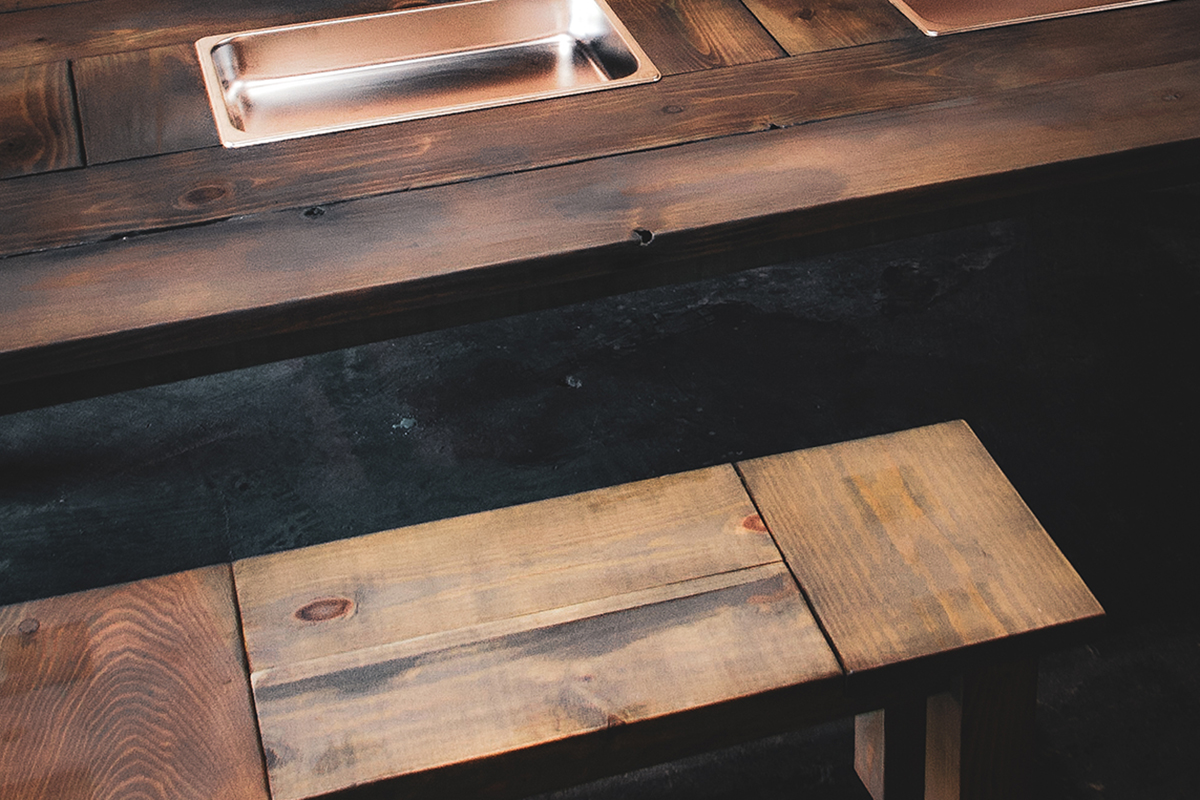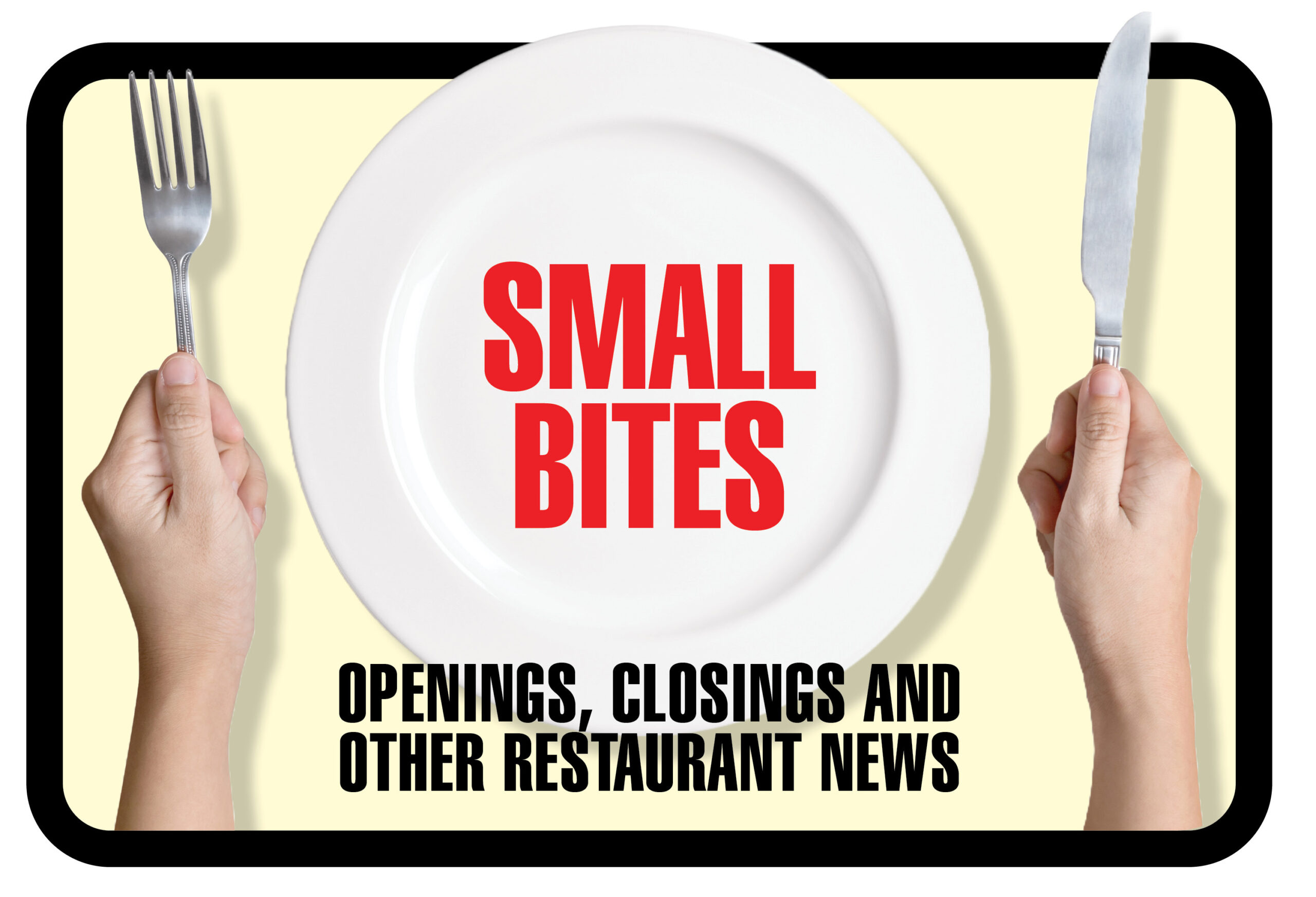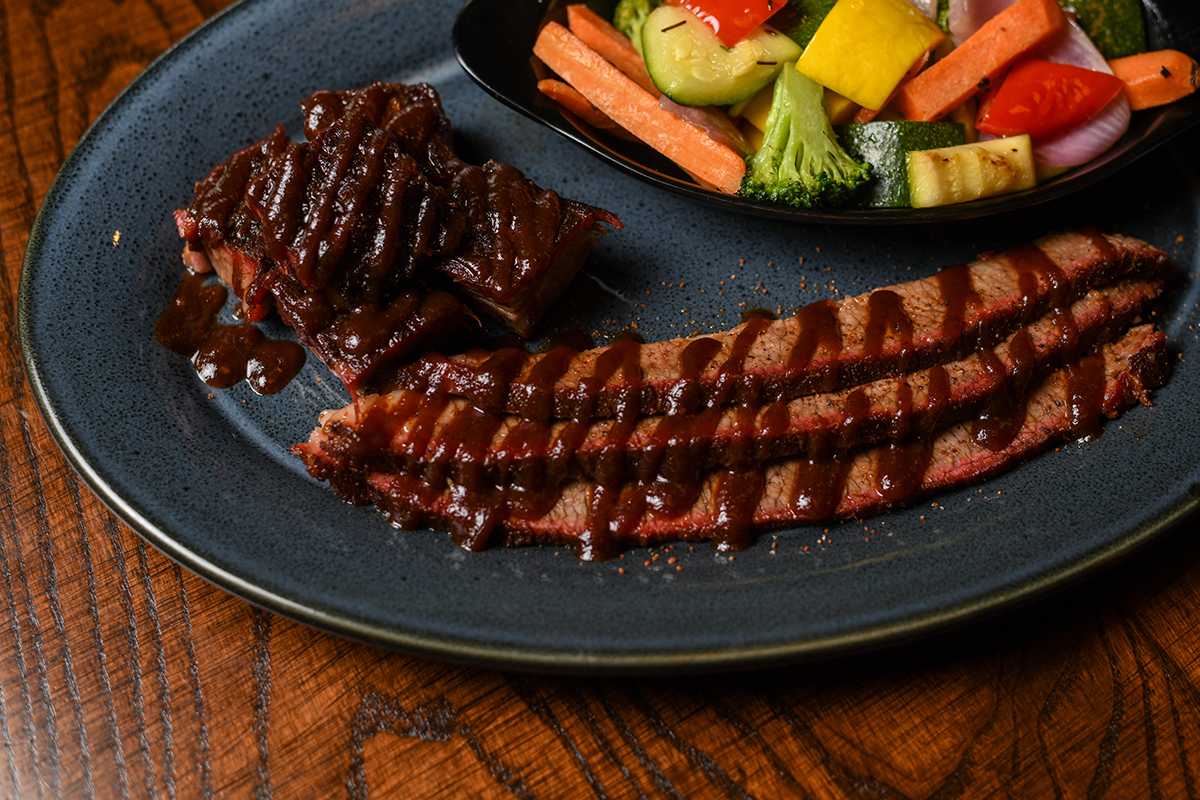I went on my first Covid date back in October, a good year and a half into the pandemic. During that year and a half, I had faced many of the usual pandemic-related setbacks, and I simply had more important things to worry about than figuring out what to wear for a Zoom date.
However, after eventually getting hired and settled at my current job, I decided that my two-year romantic dry spell had gone on long enough. I wasn’t lonely or longing. I was just bored in my voluntary isolation. Once I had watched the entirety of my Netflix queue, I knew it was time to reactivate the apps.
My first date was from Hinge. He was a third-year medical student with aspirations of becoming a cardiologist. He was six-foot-three with light, wavy hair and big eyes framed by gold wire glasses.
When it comes to dating apps, I’ve found each is its own special study in narcissism and desperation—this is endlessly entertaining. On the other hand, putting myself on a digital platform to be scrutinized and vetted as a potential mate by hundreds of other gay men (who are notoriously judgmental) in close geographic proximity to me is, frankly, mortifying.
On that first date, we hit it off. For two hours, we sipped coffee and discussed our favorite true crime cases, periods of history and medical anomalies. As the date wrapped up, we both remarked on what a great time we’d had and how we’d like to do this again.
I never heard from him again.
Being ghosted is nothing new. But in the post-Covid dating scene, it seems like it’s increased ten-fold. I made a meager attempt at following up with the medical student, but if there are two things I know they’re how to read the room and when to admit defeat.
From my own experience with fizzled-out romances and from talking to my friends and co-workers, it seems like this has become the expected—almost desired—outcome. But why?
Over these two years in relative isolation, I have become quite comfortable with my own company. That time alone was an exercise in self-sufficiency. What I have come to realize from dipping my toe back into the murky waters of dating is that I am far from the exception. In fact, there seems to be a sort of collective realization that much of this app-based dating is driven by boredom.
Post-pandemic dating is a sea of dud matches and hollow conversations with a carousel of suiters not really interested in seriously navigating the new and uncharted world. People are just bored. As it turns out, so was I. There’s only so much time we can spend physically sequestered away, relying only on some digitally mediated form of communication as our sole connection to the outside world.
While many of us who were already predisposed to introverted tendencies may have developed an almost Dickinsonian appreciation for being left alone, we still have had to contend with our own under-stimulation.
Two years into this pandemic, people have become increasingly intolerant of the idea of doing anything that they absolutely do not want to do. Gone are the days of “Oh, come on. Just give him a chance! You might end up liking him!” Why would anyone with this newfound post-Covid sense of independence settle for anything that is not exactly what we’re looking for? At what point do we admit that being single is arguably better than putting up with the potential drama, annoyance and heartache that comes with investing in another person?
It’s not that I’m not open to the possibility, but I have taken this as an opportunity—and I know this may sound callous—to simply yet elegantly stop caring. If these past two years have taught me anything, it’s that desperation is the thief of genuine human connection.





